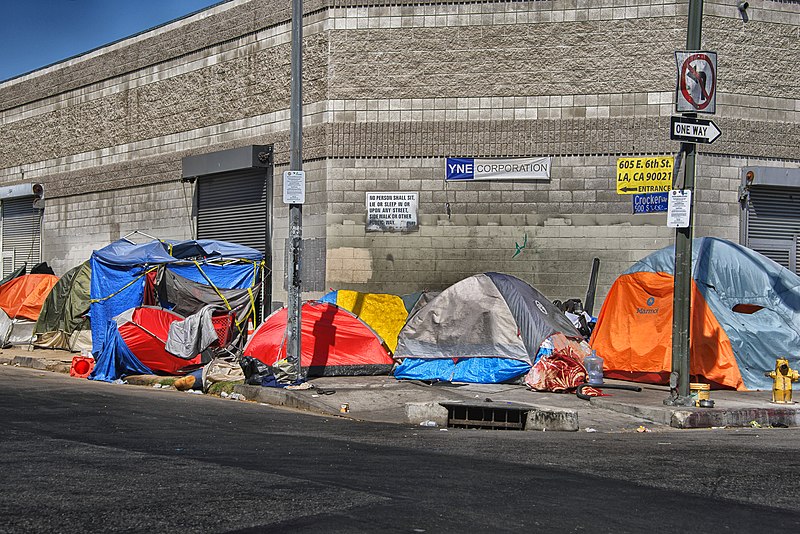By F. William Engdahl

October 10, 2019 "Information Clearing House" - In recent months US President Trump has pointed repeatedly to his role in making the American economy the “best ever.” But behind the extreme highs of the stock market and the official government unemployment data, the US economy is primed for a 1929-style shock, a financial Tsunami that is more influenced by independent Fed actions than by anything that the White House has done since January 2017. At this point the parallels between one-time Republican President Herbert Hoover who presided over the great stock crash and economic depression that was created then by the Fed policies, and Trump in 2019 are looking ominously similar. It underscores that the real power lies with those who control our money, not elected politicians .
Despite proclamations to the contrary, the true state of the US economy is getting more precarious by the day. The Fed policies of Quantitative Easing and Zero Interest Rate Policy (ZIRP) implemented after the 2008 crash, contrary to claims, did little to directly rebuild the real US economy. Instead it funneled trillions to the very banks responsible for the 2007-8 real estate bubble. That “cheap money” in turn flowed to speculative high-return investment around the world. It created speculative bubbles in emerging market debt in countries like Turkey, Argentina, Brazil and even China. It created huge investment in high-risk debt, so called junk bonds, in the US corporate sector in areas like shale oil ventures or companies like Tesla. The Trump campaign promise of rebuilding America’s decaying infrastructure has gone nowhere and a divided Congress is not about to unite for the good of the nation at this point. The real indicator of the health of the real economy where real people struggle to make ends meet lies in the record levels of debt.
Today, fully a decade after the unprecedented actions of three presidents, the US economy is deeper in debt than ever in its history. And debt is controlled by interest rates, interest rates ultimately in the hands of the Fed. Let’s look at some signs of serious trouble which could easily put the economy in a severe recession by this time in 2020.
|
Are You Tired Of The Lies And Non-Stop Propaganda? |

